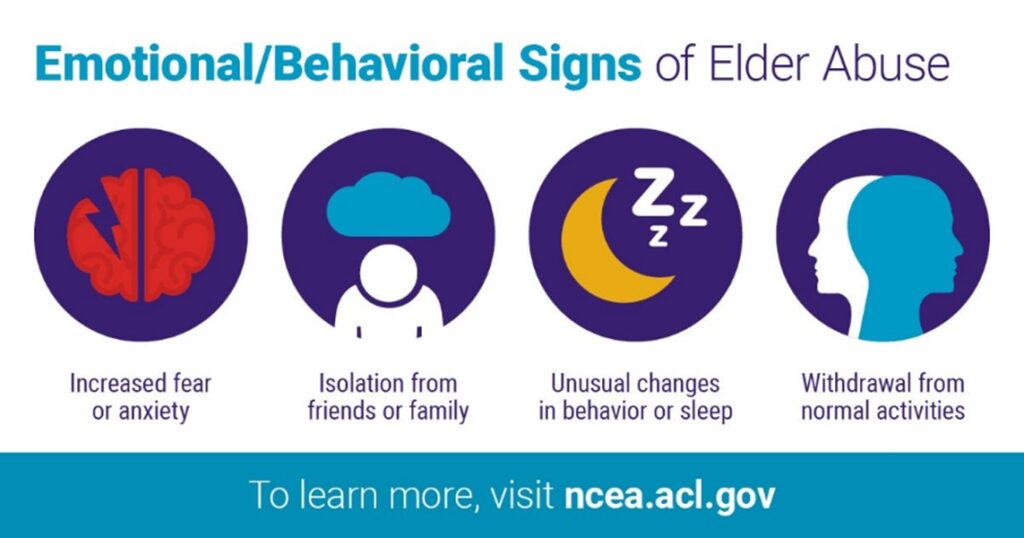How Does the World Perceive Dementia? We have a lot of educating to do.
Here’s something just released in the Alzheimer’s Disease International World Alzheimer Report 2024:
The latest report, marking five years since the previous edition, highlights persistent misconceptions about dementia. Two striking statistics stand out:
- 80% of the general public* now believe dementia is a normal part of aging, a significant rise from 66% in 2019.
- 65% of health and care professionals* hold this belief as well, up slightly from 62% in 2019.
It’s concerning that so many people continue to view dementia as a natural part of growing older. Could the increased prevalence of dementia be fueling these misconceptions? Clearly, there is still much work to be done in raising awareness. Believing or even denying the cognitive changes can delay a loved-one’s diagnosis and treatment.
By comparison however, some statistics are very encouraging:
- Over 96% of the general public believe in the value of a medical diagnosis.
- Over 93% of the general public believe there are things we can do to improve the lives of people with dementia.
Sometimes and infection or other medical issue can explain cognitive decline, but if not, talking to an Aging Life Care Manager can provide a holistic path for knowledge and support. Call us for a free confidential conversation. 571-488-9396. [email protected] We are compassionate advocates for older adults and their families.
*This is an average of global data.
